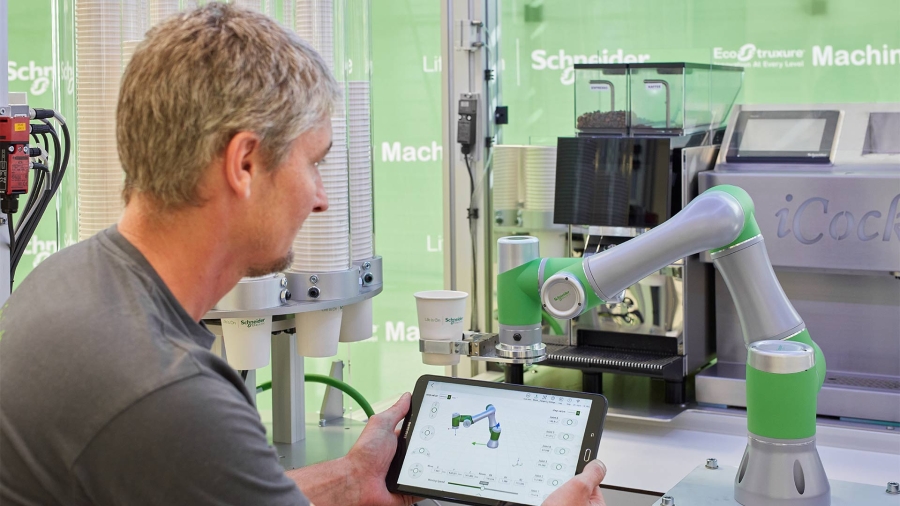Achieving sustainable operations is one of the most important challenges that manufacturing and process industries have ever faced.
As modern industrialists, we are experiencing mounting pressure from governments, society, and investors to demonstrate sustainability practices. Today’s buyers demand eco-efficient brands, green products, responsibly sourced materials, and sustainability-focused solutions and services.
Traditionally, industrial operators have been blamed for climate change, resource scarcity, and harm to the environment and the society around them — and with good reason.
Today, industry contributes 32% of the world’s CO2 emissions and more than 73% of greenhouse gases come from energy use. The water sector alone consumes 7% of the world’s energy and generates 3-10% of total greenhouse gases. Energy intensive industries, especially, can no longer remain indifferent when it comes to embracing global sustainability efforts, nor can they afford the operational cost of energy waste.
At the same time, many of the most energy intensive industries produce the essential building blocks of society and the key components of our modern world.
That means that industry is poised to have the greatest impact on solving sustainability problems. And we already have what it takes.
“Industrial digitization supports corporate sustainability, promotes decarbonization and circularity, reduces material waste, prolongs equipment lifetime, and enables better emissions monitoring.” Bloomberg
As modern industrialists, we are experiencing mounting pressure from governments, society, and investors to demonstrate sustainability practices. Today’s buyers demand eco-efficient brands, green products, responsibly sourced materials, and sustainability-focused solutions and services.
Traditionally, industrial operators have been blamed for climate change, resource scarcity, and harm to the environment and the society around them — and with good reason.
Today, industry contributes 32% of the world’s CO2 emissions and more than 73% of greenhouse gases come from energy use. The water sector alone consumes 7% of the world’s energy and generates 3-10% of total greenhouse gases. Energy intensive industries, especially, can no longer remain indifferent when it comes to embracing global sustainability efforts, nor can they afford the operational cost of energy waste.
At the same time, many of the most energy intensive industries produce the essential building blocks of society and the key components of our modern world.
That means that industry is poised to have the greatest impact on solving sustainability problems. And we already have what it takes.
“Industrial digitization supports corporate sustainability, promotes decarbonization and circularity, reduces material waste, prolongs equipment lifetime, and enables better emissions monitoring.” Bloomberg















